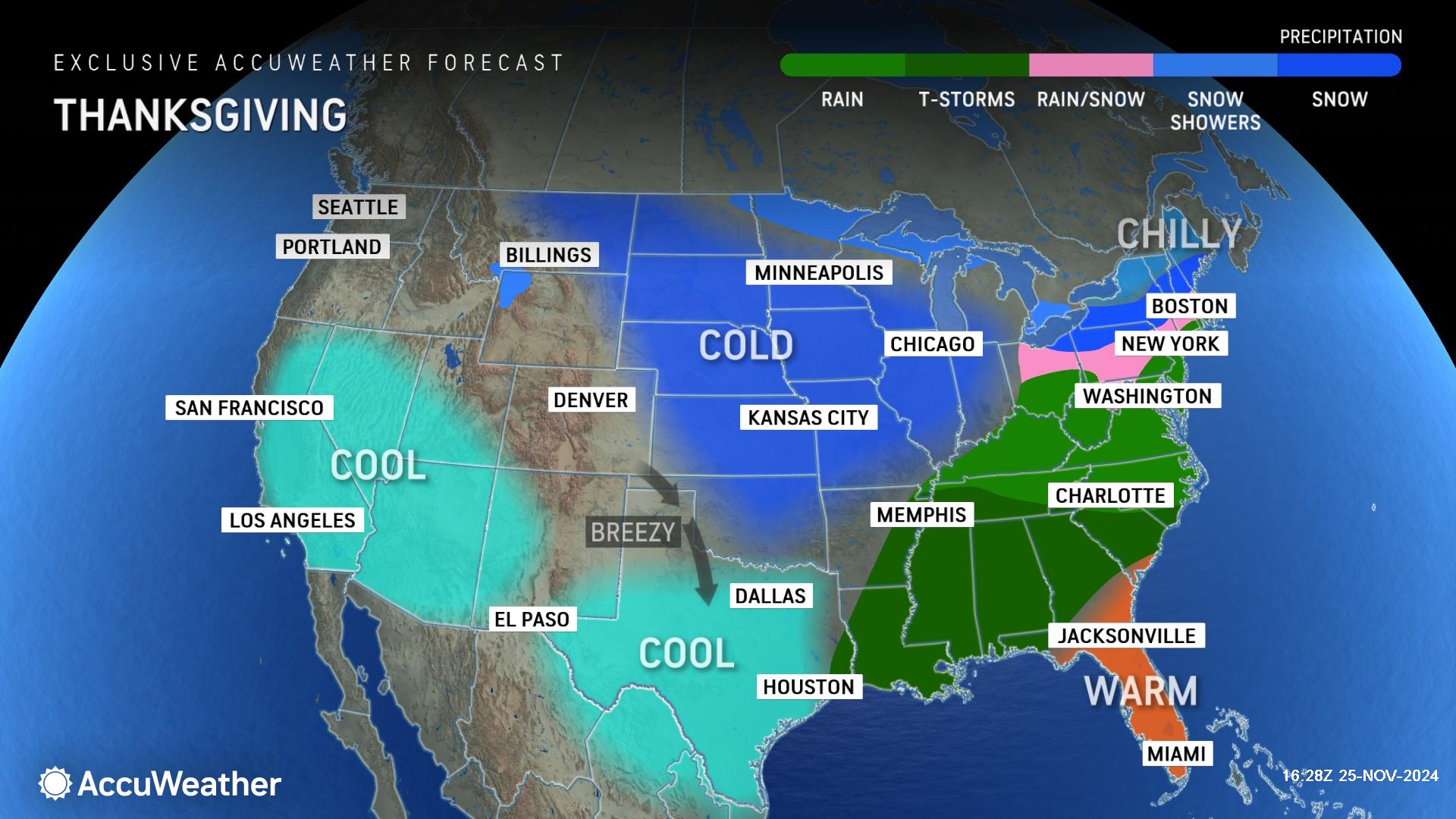A suggestion by a NATO chief that the alliance should target Russia's missile launch sites has been condemned by the Russian foreign minister, Sergei Lavrov.
Lavrov responded to remarks made by Admiral Rob Bauer, chairman of NATO's military committee, about how the alliance can deal with the threat posed by Russia.
During a question-and-answer session after his address at the European Policy Center in Brussels, Bauer said, "The idea was we are a defensive alliance, so we will only sit and wait until we are attacked, and then when we are attacked, we will be able to shoot down the 'arrows' that come to us," referring to a Russian strike.
He also said that when responding to any attack, it would be "smarter" to "attack the archer, that is...Russia—if Russia attacks us. So you need to have a combination of deep precision (strikes) with which you can take out the weapons systems that are used to attack us."
Lavrov said that Bauer had "bluntly stated" that "to achieve the goals of protecting and defending the member countries of the North Atlantic Alliance, it is necessary to preemptively strike at those targets in the Russian Federation that, in NATO's opinion, could pose a threat," according to Russian state news agency Tass.

Bauer said the alliance would only strike after Russia and did not use the word "preemptively" in his address. The Russian word for this, "preventivno," cited in Lavrov's quote on Tass, was omitted in the English version of the agency's report.
Bauer said that NATO was "a defensive alliance" that "would have [taken] the first blow." But Lavrov said Bauer's comments showed that "all decency has already been discarded" by the alliance, which had publicly announced its "true intentions" with the remarks.
Newsweek reached out to NATO for comment.
But Russian MP Sergey Mironov, leader of the party "A Just Russia," which is part of the systemic opposition sympathetic to Kremlin foreign policy, leaped on the interpretation that Bauer was calling for a "preemptive NATO strike."
"Mr. Bauer is either a fool or a provocateur. Perhaps both at once," Mironov said in a statement to Newsweek, which referred to Russia's nuclear capabilities, which include "a hypersonic weapon from which no one has protection."
Tensions between Moscow and NATO have hit a historic high due to the war the Kremlin has framed as a proxy conflict with the alliance. Putin announced last week he had ordered an Oreshnik medium-range ballistic missile to be fired on the Ukrainian city of Dnipro.
This followed the United States dropping its restrictions on Ukraine using ATACMS to strike inside Russian territory as concerns grow about the prospect of an escalation.
"Throughout the war, every single decision has been calibrated by the Biden administration and its allies with a goal of slowing the slippery slide towards a direct conflict between two nuclear-armed states," said Andrew Payne, foreign policy and security senior lecturer at City St. George's, University of London.
"The interesting dynamic here is that, were it not for the U.S. election, the Biden administration would probably be more concerned about the escalatory implications of its decisions than it currently appears to be," he told Newsweek.



















 English (US) ·
English (US) ·